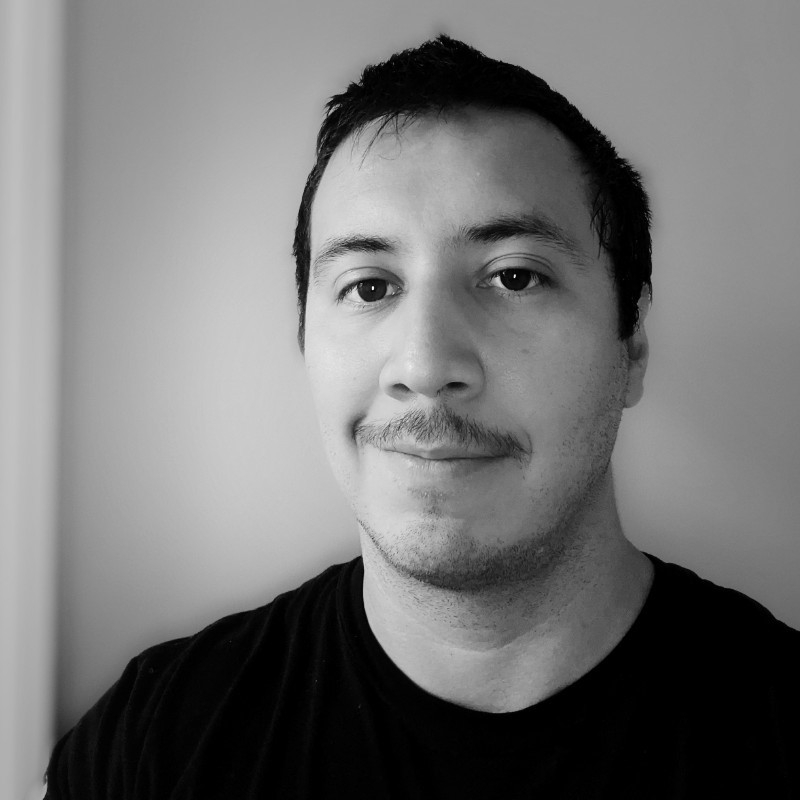Daniel Cortes
Daniel Cortes

Location:
162B Steger Hall (Office)152/148 Steger Hall (Lab)
1015 Life Science Circle
Blacksburg, VA 24061-0477
Major Field of Interest
Our research focuses on cell division machinery. We're interested in the coordination between spindle-driven chromosome segregation and contractile ring-driven membrane ingression during division.
Current Research
Successful cell division requires distributive segregation of genome copies into daughter cells. Early in division microtubules form a bipolar spindle that aligns replicated chromosomes along the metaphase plate. As sister chromatids begin to segregate apart, a large contractile structure made up of f-actin and non-muscle myosin II assembles along the equatorial cortex of the cell aligned with the division plane. This actomyosin contractile ring is a highly dynamic structure that constricts to physically drive membrane ingression and cell division. We combine cell biology techniques, such as quantitative fluorescence microscopy and genetics, with computational techniques, such as agent-based modeling, to characterize the molecular mechanisms of cell division. We are particularly interested in investigating how chromosome segregation defects in anaphase alter contractile ring composition and dynamics during cytokinesis and abscission.
- Present: Assistant Professor, Virginia Tech, Blacksburg, VA
- 2016 - 2022: Postdoctoral Fellow, University of North Carolina-Chapel Hill, Chapel Hill, NC
- 2015: Postdoctoral Fellow, University of California-Davis, Davis, CA
- 2015: Ph.D., Cell Biology, University of California-Davis, Davis, CA
- 2020: B.S., Cellular and Molecular Biology, University of California-Davis, Davis, CA
- 2020 – 2022: T32 Training Grant, NIH
- 2016 – 2017: Postdoctoral Diversity Supplement, NIH
- 2014 – 2014: First Year Seminar Mini-grant, University of California - Davis
- 2013 – 2014: T32 MCB Training Grant, NIH
- 2011 – 2013: Floyd and Mary Schwall Medical Research Fellowship, University of California - Davis
- 2010 – 2011: MISD Graduate Fellow, NIH


